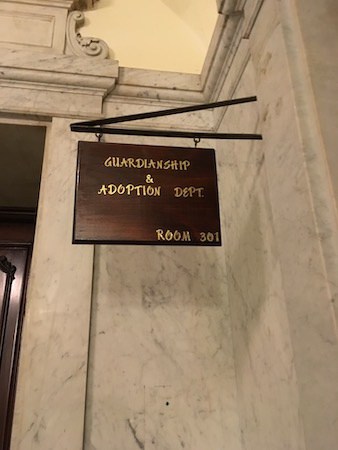Defending Against Guardianships
The most important thing in a Guardianship proceeding is the needs of the person who is alleged to be incapacitated. If they are lacking capacity to the extent that the court needs to take away their independence and appoint a guardian, than a Guardian needs to be appointed.
However, Guardianships are often brought as a de-facto will contest, either shortly after a person made a Will or to prevent a person from having the capacity to make a Will. Most people wish to preserve their independence, including the capacity to bequeath their estate to whomever they see fit. This is why it is important to defend the Guardianship, if appropriate. If the person has capacity, than the goal is to dismiss the Guardianship. If the person needs some assistance, than the goal is to narrowly tailor the Guardianship, only appointing a guardian that fits the persons needs and not declaring the person to be completely incapacitated.

Guardianships in New York are narrowly tailored, meaning that New York does not require a full guardianship with a declaration that a person is completely incapacitated. A person can have a custom-made Guardianship just to address their needs. For example, if someone is able to balance their checkbook but is unable to go shopping by themselves and cook their own meals, a Guardian is appointed only to look after those needs.
Furthermore, New York has two types of guardianships – Personal Needs and Property Management. Even though they often go together, it’s not necessarily so. A person can have one or the other, as appropriate. Many people’s ability to take care of their personal needs goes way before the ability to manage property.
In a Guardianship proceeding, a court evaluator will be appointed to investigate the extent of the Alleged Incapacitated Person’s capacity. They will make home visits and interview the AIP, their relatives, caretakers, healthcare professionals and anyone else involved in their lives. They will try to get a picture of the AIP’s assets, assess the AIP’s ability to manage their finances, and make sure that the AIP is not being taken advantage of.
Although some people need Guardianships, many people do not and vehemently oppose them. If you or a loved one has a guardianship proceeding brought against them, speak with Guardianship defense attorney Albert Goodwin, call (212) 233-1233.

